Biography
I am an Applied Scientist in Natural Langauge Processing (NLP) at Amazon AWS AI Labs. My research interests include question answering, conversational agents, patterns-based few-shot learning, distant supervision, cross-lingual and cross-domain transfer. Before joining Amazon, I was a Research Scientist at Checkstep Research, where I worked on NLP for content moderation using few-shot learning, semi-supervised and multi-source fine-tuning of pre-trained language models. I did my Ph.D. at Sofia University “St. Kliment Ohridski” on dialog and question answering systems.
I have a strong software engineering background along with extensive experience in developing production systems. I previously held a position as a Machine Learning Engineer at ReceiptBank (now Dext) where I built NLP models for automatic field information extraction from unstructured payment documents. I was also a Machine Learning Engineer in an ad-tech company, Adcash OÜ, where I developed distributed and scalable models for ad recommendations. Prior to that, I created and maintained desktop and web applications while in the roles of a full-stack Software Engineer and Team Lead at Acstre.
For more details you can download my CV and see a list of my publications.
- Natural Language Processing
- Few-Shot Learning with Large Language Models
- Semi-Supervised Learning
- Multilingual Learning
- Stance Detection
- Abusive Language Detection
- Question Answering
- Conversational Agents
-
Ph.D. Candidate in Natural Language Processing, 2017-2023 (Expected)
Sofia University "St. Kliment Ohridski", Sofia, Bulgaria
-
MSc in Information Retrieval and Knowledge Discovery, 2014-2016
Sofia University "St. Kliment Ohridski"
-
BEng in Computer Systems and Technologies, 2010-2014
Technical University-Sofia
Recent News
- I joined Amazon AWS AI Labs as an Applied Scientist. I will be working on NLP for information extraction from conversational threads. Oct 2022.
- Our long paper on CrowdChecked: Detecting Previously Fact-Checked Claims in Social Mediae was accepted to AACL-IJCNLP-22 (oral presentation). Oct 2022.
- Presented our survey on Stance Detection for Stance Detection for Mis- and Disinformation Identification at NAACL-HLT-22 in Seattle, USA. Jul 2022.
- Presented our TACL journal paper on A Neighbourhood Framework for Resource-Lean Content Flagging at ACL-22 in Dublin. May 2022.
- Our survey paper on Stance Detection for Stance Detection for Mis- and Disinformation Identification was accepted to Findings of NAACL-HLT-22. Apr 2022.
- Presented our work on Few-Shot Cross-Lingual Stance Detection with Sentiment-Based Pre-Training at AAAI-22 online. Feb 2022.
- Our paper Few-Shot Cross-Lingual Stance Detection with Sentiment-Based Pre-Training was accepted to AAAI-22 (oral presentation, overall acceptance rate of 15%). Dec 2021.
- Our work on A Neighbourhood Framework for Resource-Lean Content Flagging was accepted to appear in TACL. Dec 2021.
- A demo paper on Question Generation was accepted at ECIR-2022. The work is part of the master thesis of Kristiyan Vachev, whom I’m co-supervising. Nov 2021.
- Presented our work on Cross-Domain Stance Detection at EMNLP 2021 in Punta Cana, Dominican Republic. Nov 2021.
- Attended ACL 2021 online. Aug 2021.
- Our paper Cross-Domain Stance Detection was accepted to EMNLP 2021, Main Conference. Aug 2021.
- Team DIPS was ranked 1st at Task 2B (Detect Previously Fact-Checked Claims in Political Debates/Speeches) at the CLEF-2021 CheckThat! competition. The system is developed by a group of MSc students as part of our Text Mining course. May 2021.
- I officially joined Checkstep Research as a Research Scientist. I will be working on NLP for content moderation and stance detection. Nov 2020.
- Presented our work on EXAMS: Cross-Lingual QA at EMNLP 2020 online. Nov 2020.
Experience
Conducted research in natural language processing for content moderation and stance detection.
- Published 5 scientific papers, 4 are accepted to appear in top-tier venues.
- Developed, productionalized and delivered models to end clients in collaboration with the dev team.
- Curated machine learning models based on the specifics in the clients' policy definitions.
- Worked on few-shot and multi-domain learning for mono and cross-lingual stance detection.
- Researched semantic neighborhood models for cross-lingual abusive language detection.
Worked on automatic field information extraction from unstructured payment documents.
- Improved the extraction coverage and the overall accuracy of key fields (4%--10% depending on the field and the metric).
- Developed models for new (client requested) fields working closely with the Business team.
- Researched, prototyped, and productionalized machine learning models.
Developed distributed and scalable product serving ad recommendations.
- Increased the company's profit by 7% with a new ad serving (exploitation) model.
- Increased the ad diversity by 12% and the revenue by 5% with a new (exploration) model.
- Researched, prototyped, and productionalized machine learning models.
- Designed and executed experiments (A/B tests) for model optimizations.
- Worked closely with the Business team to design new features.
Designed, developed and maintained desktop and web applications. Led a small team of developers.
- Productionalized an unified user management and security system integrated into more than 20 company products spanning over 250 organizations.
- Built an event-based notification system with communication channels as plug-ins.
- Successfully migrated existing projects' legacy database management system to PostgreSQL.
- Delivered multiple software projects by leading 3-5 people project teams.
- Gathered technical specifications for new products/features from clients.
Featured Publications
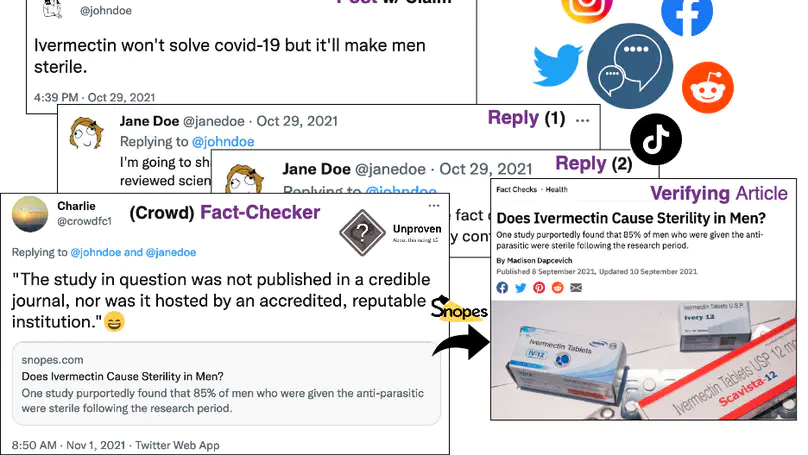
A new model to learn from a large-scale collection of 330,000 tweets paired with a responding fact-checking article based on modified self-adaptive training is proposed and shown to show improvements over the state of the art by two points absolute.
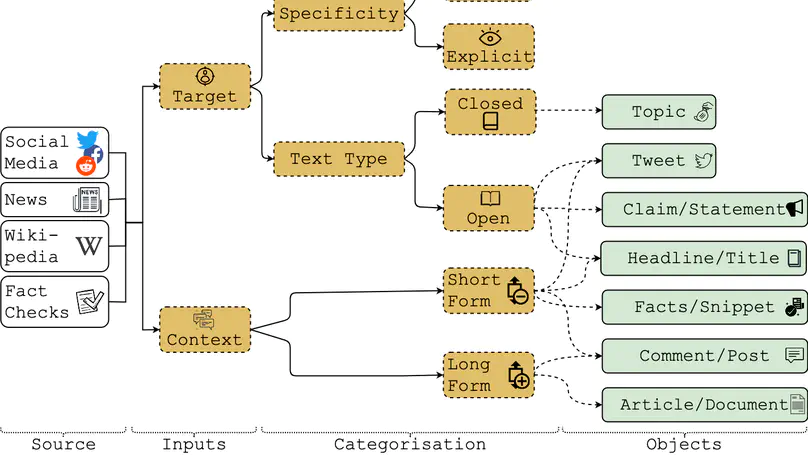
This survey examines the relationship between stance detection and mis- and disinformation detection from a holistic viewpoint and reviews and analyzes existing work in this area.
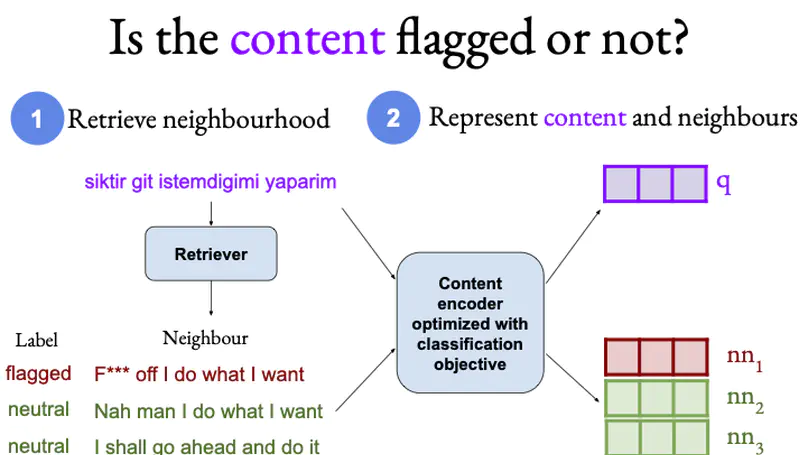
A novel interpretable framework for cross-lingual content flagging, which significantly outperforms prior work both in terms of predictive performance and average inference time and can easily adapt to new instances without the need to retrain it from scratch.
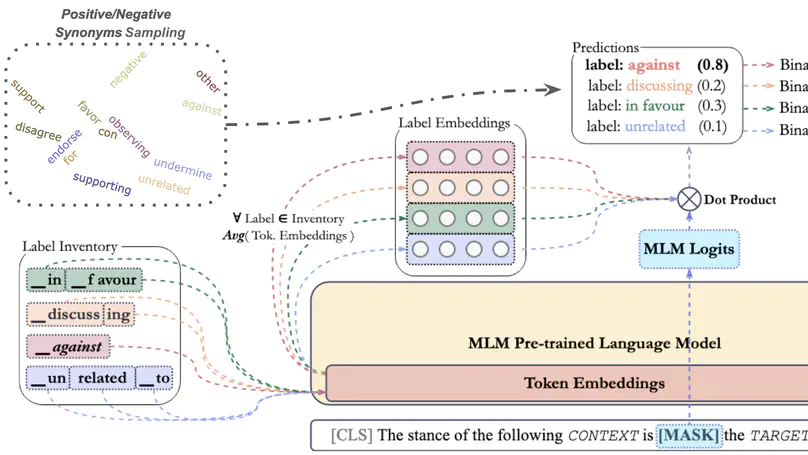
This paper presents the most comprehensive study of cross-lingual stance detection to date, and proposes sentiment-based generation of stance data for pre-training, which shows sizeable improvement of more than 6% F1 absolute in low-shot settings compared to several strong baselines.
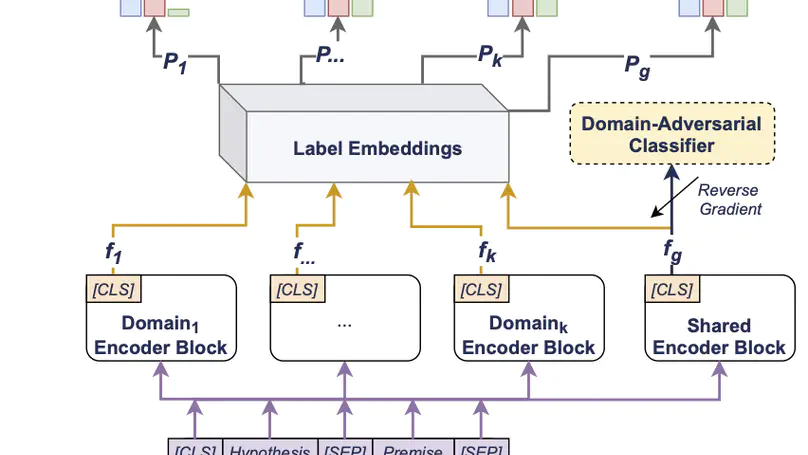
An in-depth analysis of 16 stance detection datasets is performed, and an end-to-end unsupervised framework for outof-domain prediction of unseen, user-defined labels is proposed, which combines domain adaptation techniques such as mixture of experts and domain-adversarial training with label embeddings.
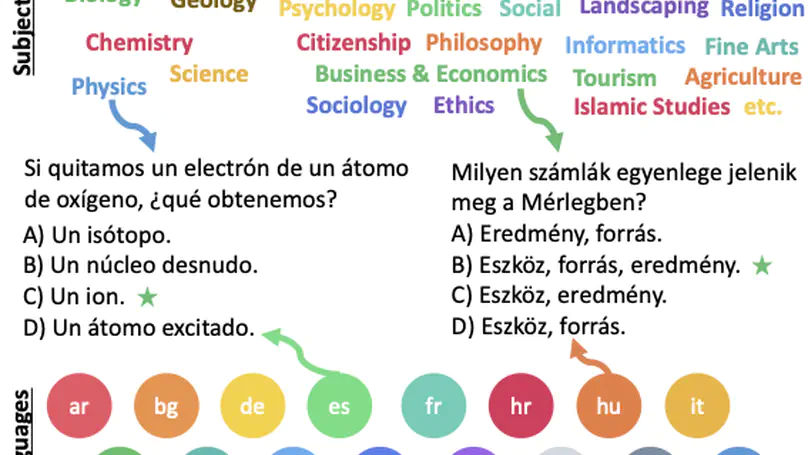
This work proposes EXAMS – a new benchmark dataset for cross-lingual and multilingual question answering for high school examinations and performs various experiments with existing top-performing multilingual pre-trained models to show that EXAMS offers multiple challenges that require multilingual knowledge and reasoning in multiple domains.